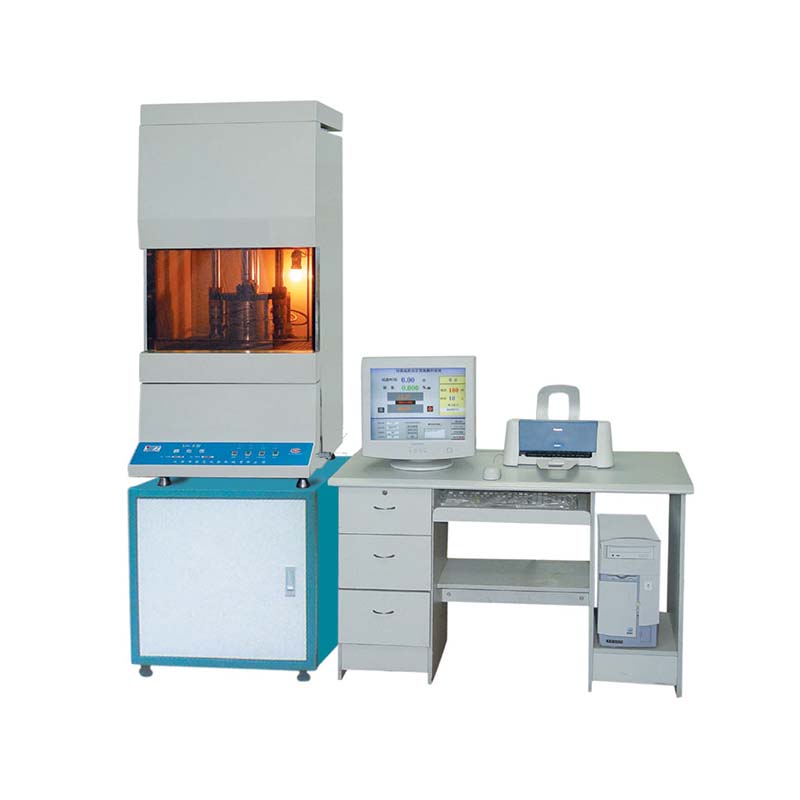tensile tester fixtures factories
Understanding Tensile Tester Fixtures and Their Importance in Material Testing
In the field of materials science and engineering, the ability to accurately measure the tensile strength and other mechanical properties of materials is crucial. Tensile testing, which assesses how materials react to tension, plays a vital role in various industries, including construction, manufacturing, and aerospace. At the heart of this testing process are tensile tester fixtures— specialized devices designed to hold and secure specimens during testing. This article explores the role of tensile tester fixtures, their design considerations, and why working with reliable fixtures from reputable factories matters.
The Role of Tensile Tester Fixtures
Tensile tester fixtures are essential components of a tensile testing machine. They are responsible for gripping the material specimen securely while applying a tensile force. During a tensile test, the fixture ensures that the specimen does not slip or deform prematurely, which could lead to inaccurate results. High-quality fixtures provide precise alignment and stability throughout the testing process, contributing to repeatable and reliable data.
These fixtures are designed to accommodate a variety of materials, including metals, plastics, textiles, and composites. They can be easily adjusted to fit different specimen sizes and shapes, allowing for versatility in testing applications. Some common types of fixtures include wedge grips, pneumatic grips, and hydraulic grips, each with its own set of advantages depending on the testing requirements.
Design Considerations for Tensile Tester Fixtures
When selecting or designing tensile tester fixtures, several key factors must be taken into account
1. Compatibility The fixture must be compatible with both the tensile testing machine and the specific type of material being tested. Different materials have different properties, so fixtures must be designed to accommodate these variations.
2. Grip Strength The grip strength of the fixture is crucial. Insufficient grip can lead to slippage and inaccurate test results. Fixtures should provide a secure hold without damaging the specimen.
3. Load Capacity The fixture must be able to withstand the maximum load expected during testing. This includes considering the yield strength and ultimate tensile strength of the material.
tensile tester fixtures factories

4. Ease of Use Designing user-friendly fixtures is essential. Fixtures should enable quick and easy specimen loading and unloading, minimizing downtime between tests.
5. Material Selection Fixtures are often made from high-strength materials such as aluminum or steel. The choice of materials affects the fixture's durability and performance during testing.
The Importance of Quality Fixtures from Reputable Factories
Working with reputable factories that specialize in the manufacturing of tensile tester fixtures is crucial for obtaining high-quality products. Established manufacturers often utilize advanced technology and adhere to stringent quality control processes, ensuring that their products meet industry standards.
Quality fixtures not only enhance the accuracy of tensile testing but also ensure safety during the testing process. Poorly constructed fixtures can fail, posing risks to both the operator and the specimen. Furthermore, investing in high-quality fixtures can lead to long-term cost savings by reducing the need for replacements and maintenance.
Researching factories that have experience in producing tensile tester fixtures can significantly affect the results of material testing. Manufacturers with a track record of providing customized solutions can develop fixtures that cater to specific testing requirements, optimizing performance and reliability.
Conclusion
Tensile testing is a critical process in evaluating material properties, and the role of tensile tester fixtures cannot be understated. These fixtures not only provide the necessary support and stability during testing but also ensure the collection of accurate and reliable data. By considering factors such as compatibility, grip strength, and load capacity in the selection process, companies can optimize their testing operations.
Additionally, partnering with reputable factories for these fixtures can enhance testing accuracy, maintain safety standards, and improve overall efficiency in material evaluation. As industries continue to rely on precise material testing, the importance of investing in high-quality tensile tester fixtures will only increase, reaffirming their pivotal role in advancing engineering and manufacturing practices.
-
The Role of Tensile Force Testers in Quality Control and Material Science
NewsAug.01,2025
-
Maintenance and Safety Tips for Aging Ovens
NewsAug.01,2025
-
Density Balance in Forensic Science
NewsAug.01,2025
-
Advanced Optical Measurement Technologies
NewsAug.01,2025
-
A Buyer’s Guide to Tensile Test Machines
NewsAug.01,2025
-
Why the Conductor Resistance Constant Temperature Measurement Machine Redefines Precision
NewsJun.20,2025
 Copyright © 2025 Hebei Fangyuan Instrument & Equipment Co.,Ltd. All Rights Reserved. Sitemap | Privacy Policy
Copyright © 2025 Hebei Fangyuan Instrument & Equipment Co.,Ltd. All Rights Reserved. Sitemap | Privacy Policy

